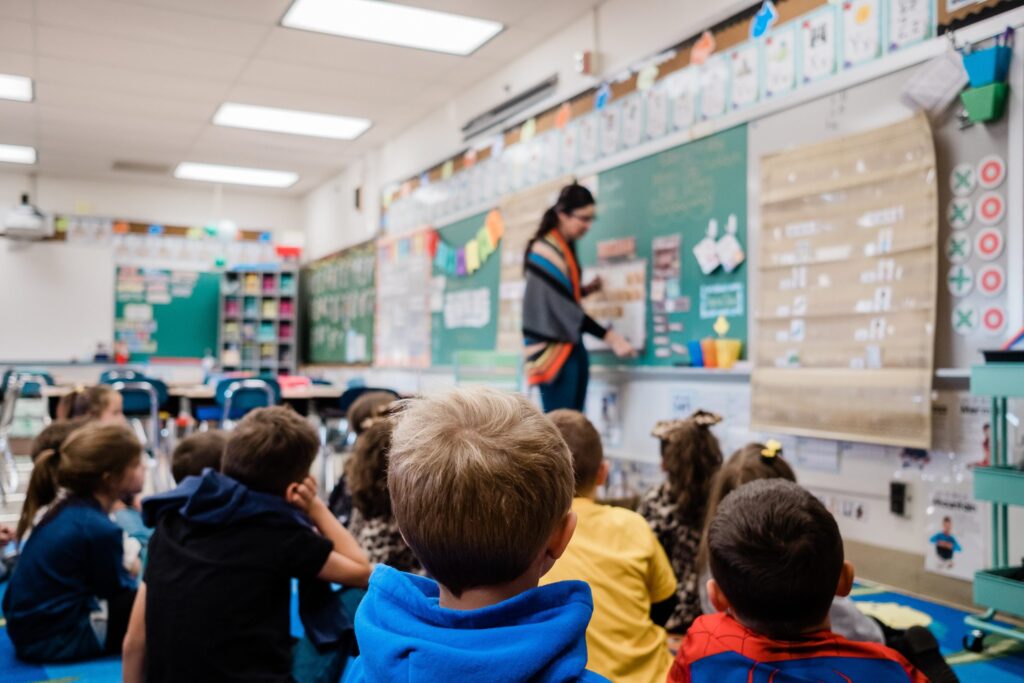It’s been quite a year for all of us. From practically start to finish, 2020 has been a challenge for educators, learners, families, and caregivers alike. In the wake of COVID-19, teachers have tackled new, and often changing, frontiers in remote learning, while students and families have had to adjust to the new realities—and social-emotional impact—of learning and working from home. At the same time, we have all faced the stark realities and ongoing challenges of racial injustice in our social and educational systems.
But throughout it all, we didn’t lose sight of tomorrow. While we certainly won’t forget the lessons of 2020 any time soon, we’re ready to welcome a new year, a fresh start, and along with it, many new opportunities for igniting engaging, relevant, and equitable learning.
In that spirit, check out these resources for starting the new year (and finishing the school year) strong.
Something missing from this rundown? Email info@remakelearning.org to let us know!
TOOLS & REPORTS
WhatSchoolCouldBe.org and the Innovation Playlist
Recently released by Ted Dintersmith and team, whatshouldcouldbe.org helps educators drive innovation by offering a collection of small, concrete ideas they can implement right now. Known as the Innovation Playlist, these small steps add up to a powerful model for change in classrooms, schools, districts, and entire communities. Explore ideas and activities across different thematic albums, like Mobilize Your Community and Student-Driven Learning.
Pennsylvania Department of Education’s Equitable Practices Hub
Help your school start the year with a deeper understanding of equitable education. The hub, launched in October, walks school teams through an equity audit and action planning around equitable teaching and learning practices.
BEST Self-Direction Toolkit
Want to dig deeper into student-driven learning? Explore this collection of classroom resources that aid in instruction and assessment focused on self-direction. The toolkit includes a self-direction rubric, self-direction activities, and targeted resources for teachers. All tools are designed by teachers and tested in the classroom.
Teach Plus PA Teacher Network
A statewide network, powered by Teach Plus, that is designed for educators interested in education policy and advocacy. They’re now accepting applications.
Wide Open School
A fan-favorite and trusted tool from Common Sense Media that helps educators brainstorm new lesson ideas and activities.
Envisioning Human-Centered Learning Systems
Reconnect with the personal core of education in this Knowledgeworks report, which asks: What would happen if we reoriented teaching and learning systems to put a comprehensive view of human development at the center?
GRANT OPPORTUNITIES
OnRamp Grants for Remote Learning
Grants from the Allegheny Intermediate Unit to help teachers implement instruction that is not only engaging, empowering, and equitable, but that addresses new challenges in creative ways. Proposal submissions open January 4 and close January 18.
West Virginia Sparking Early Literacy Initiative
Funding for innovative ideas, initiatives, and interventions that support the early literacy of West Virginia children from birth to age 8. Letters of intent due by January 15 and full proposals due by February 28.
CONFERENCES & PROFESSIONAL LEARNING
January 18: Three Rivers Educational Technology Conference
A day of professional learning centered around educational technology, hosted by the Pittsburgh Technology Council.
January 28: Empowering Rural Communities Conference
A STEM Learning Ecosystems convening for rural educators on strengthening learner engagement, building relationships, and amplifying youth voice
February – May 2021: Project Zero Online Mini-Courses
Three new courses from the Harvard Graduate School of Education explore strategies for playful learning, the power of “thinking routines,” and applications of the Cultures of Thinking project. These are professional education courses are research-based and grounded in the day-to-day work of teachers and administrators.
